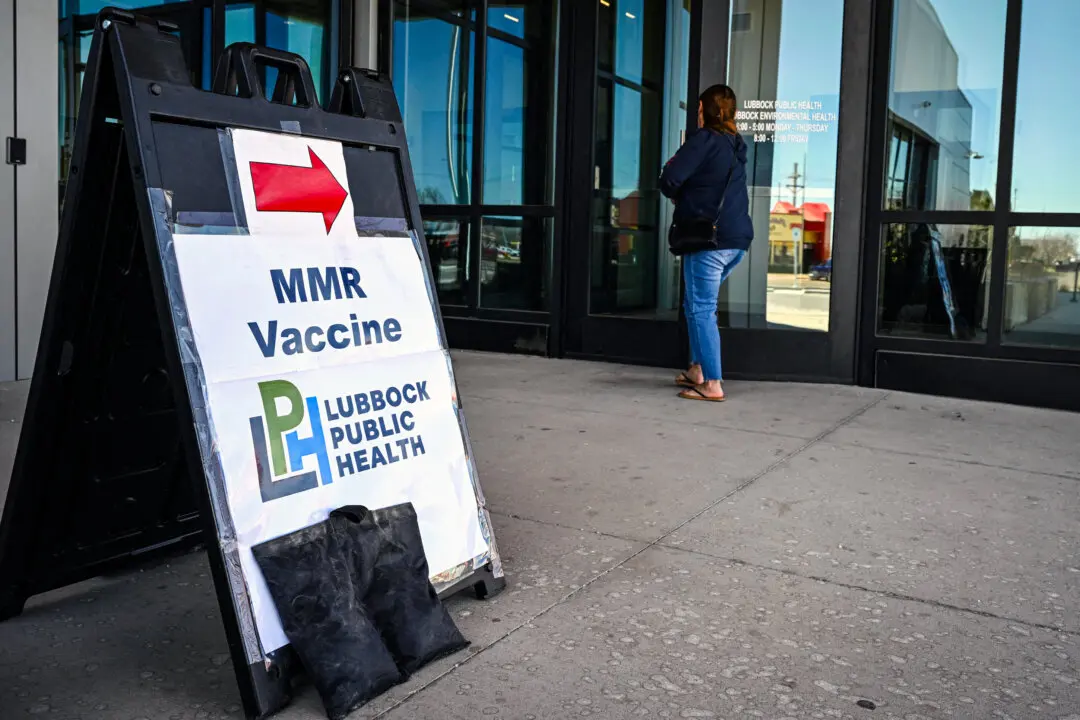Human trials on potential CCP virus vaccines produced by Pfizer started in recent days, the company announced on May 5.
Researchers around the world are racing to develop a vaccine for the CCP (Chinese Communist Party) virus, but few are in human trials.





